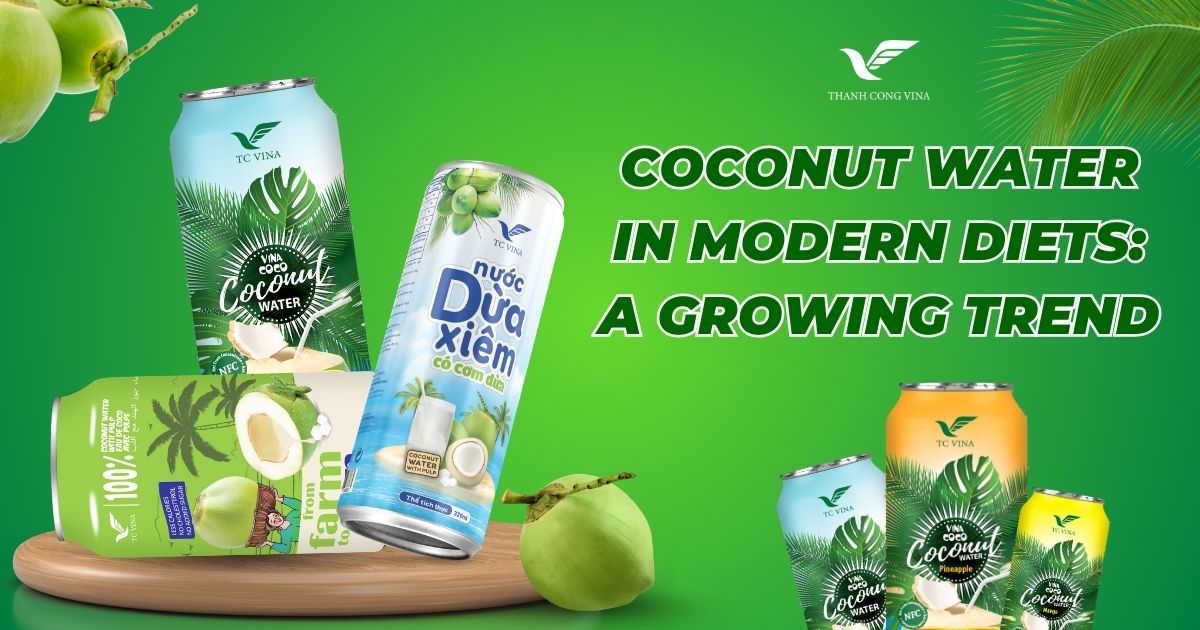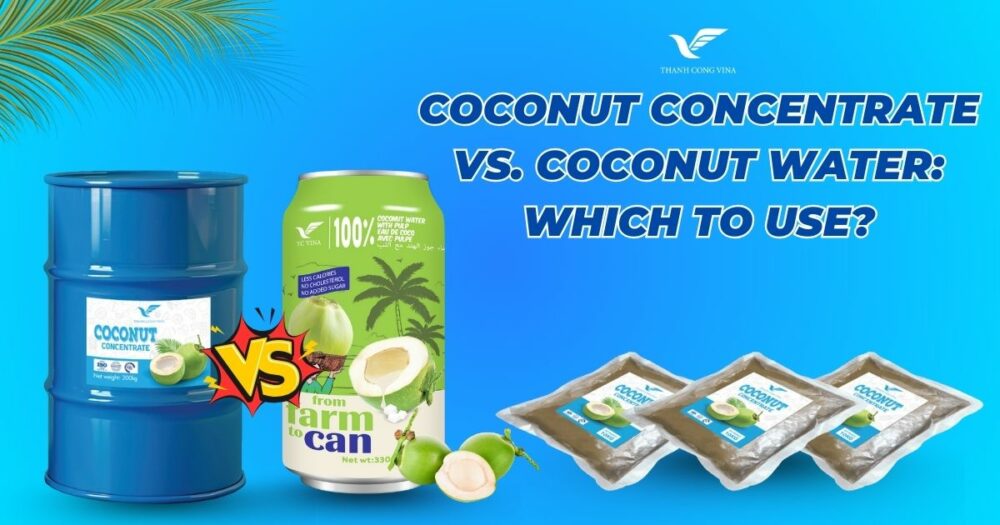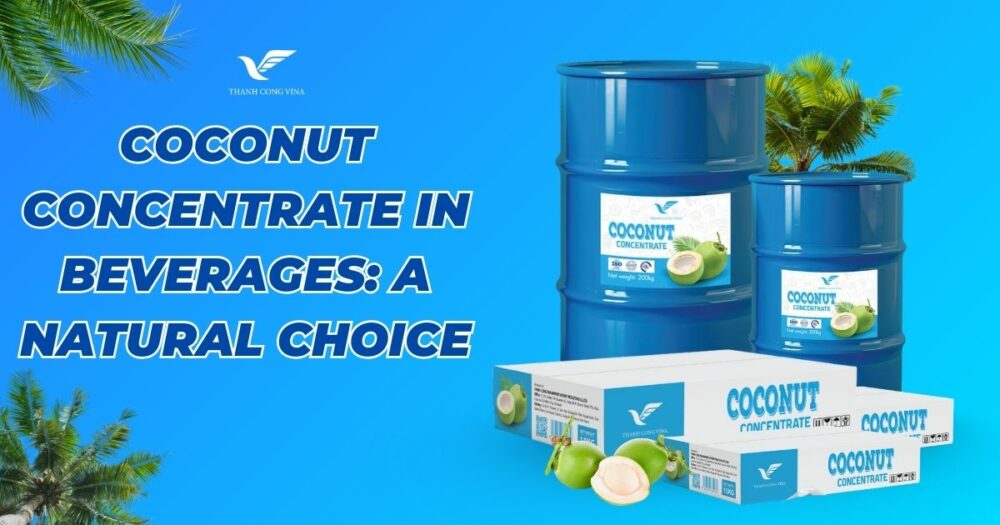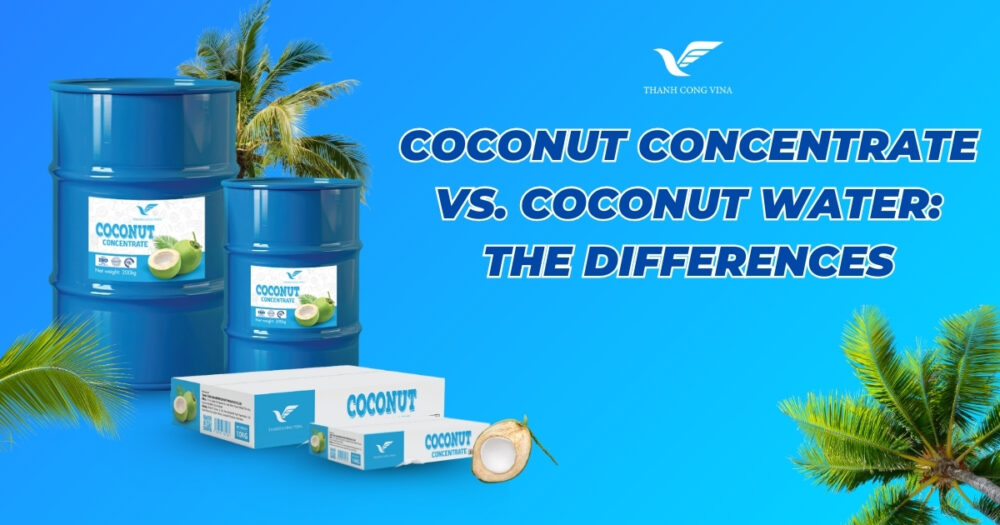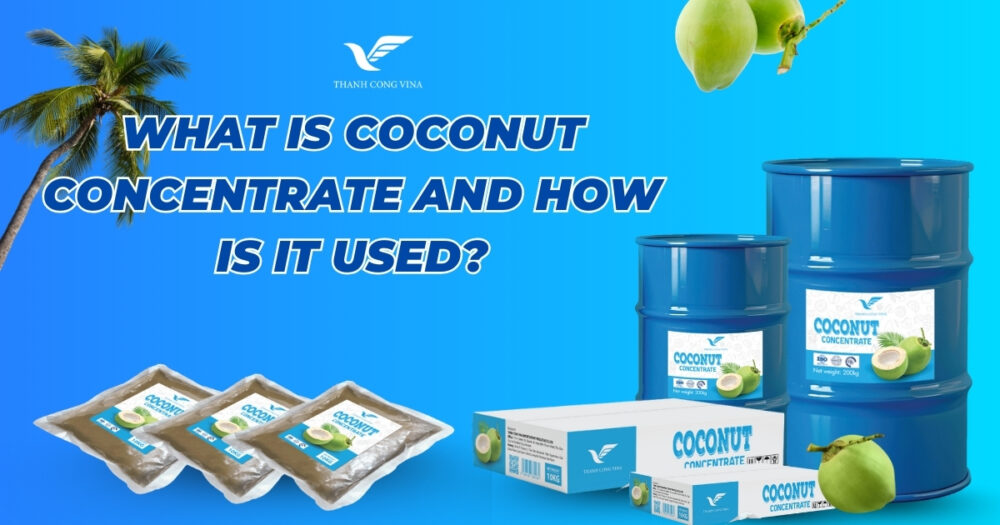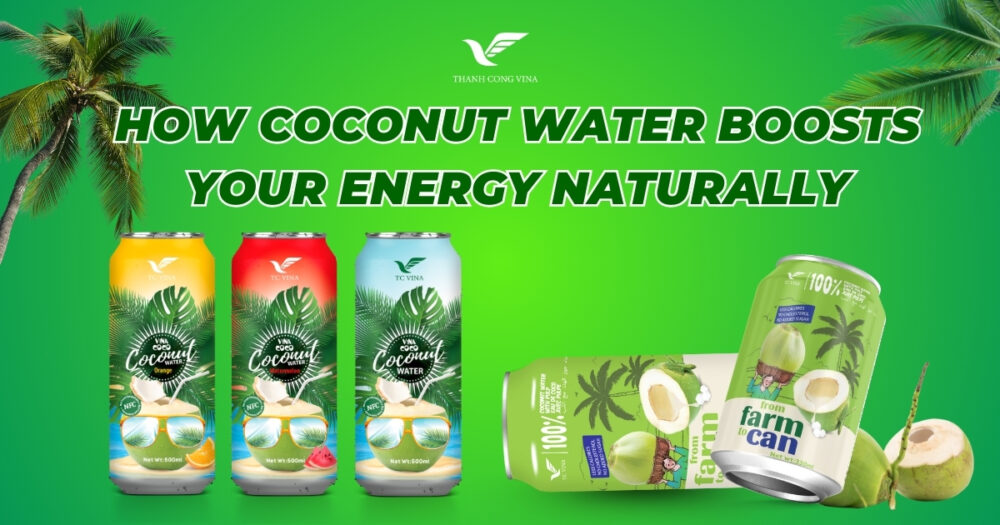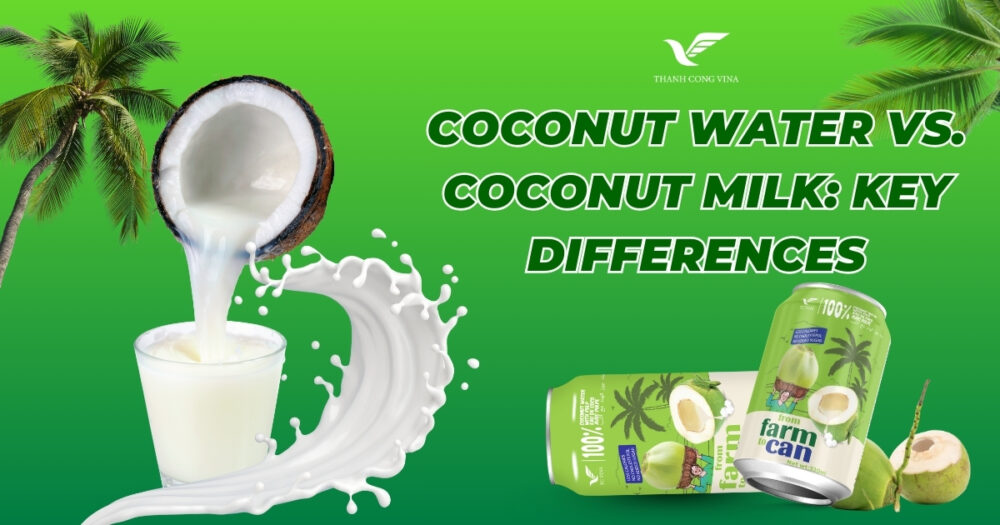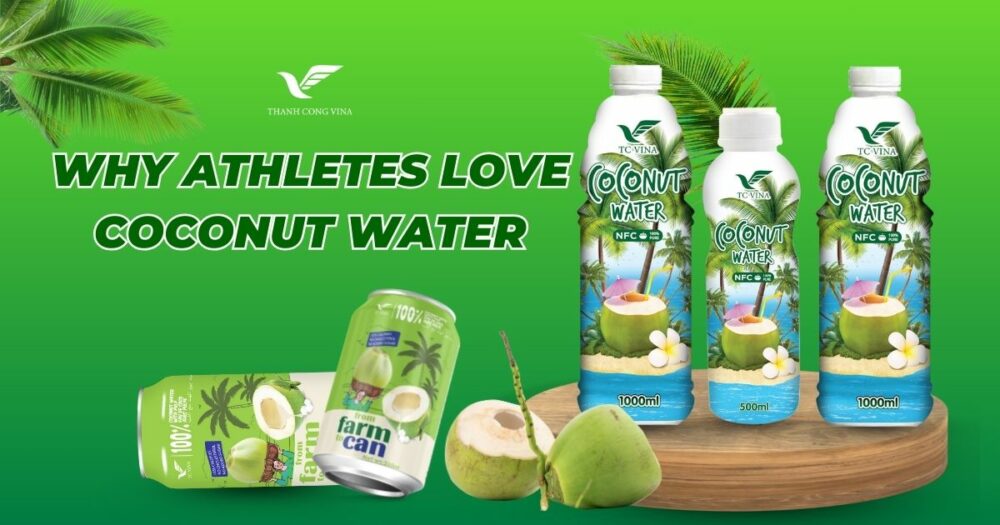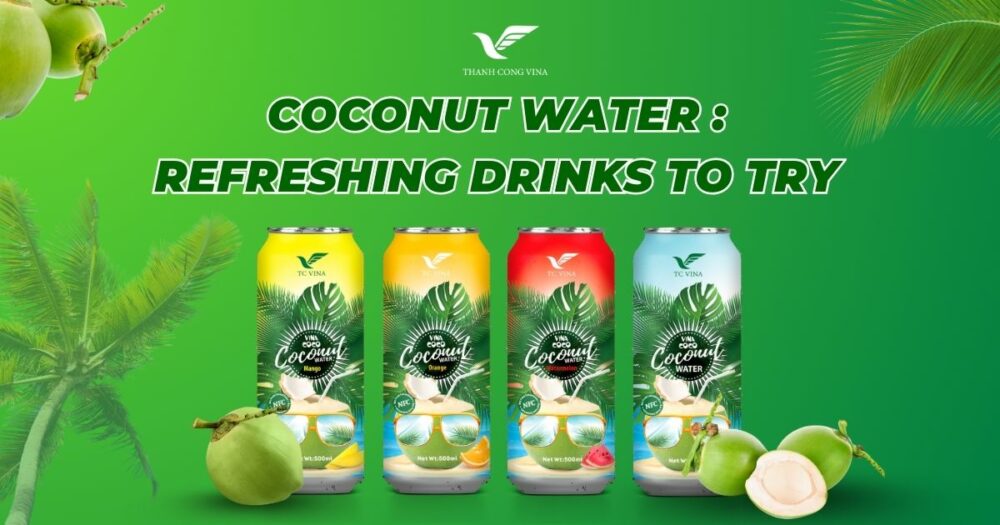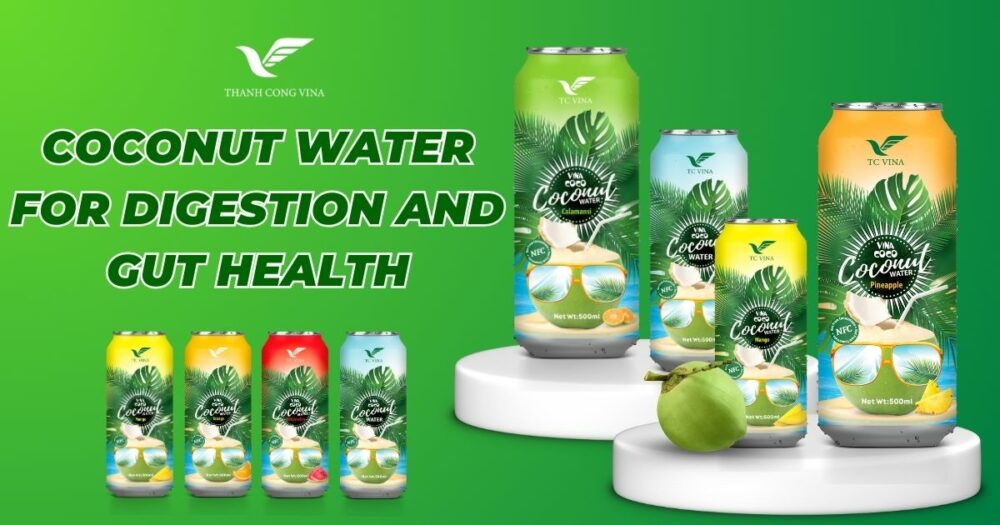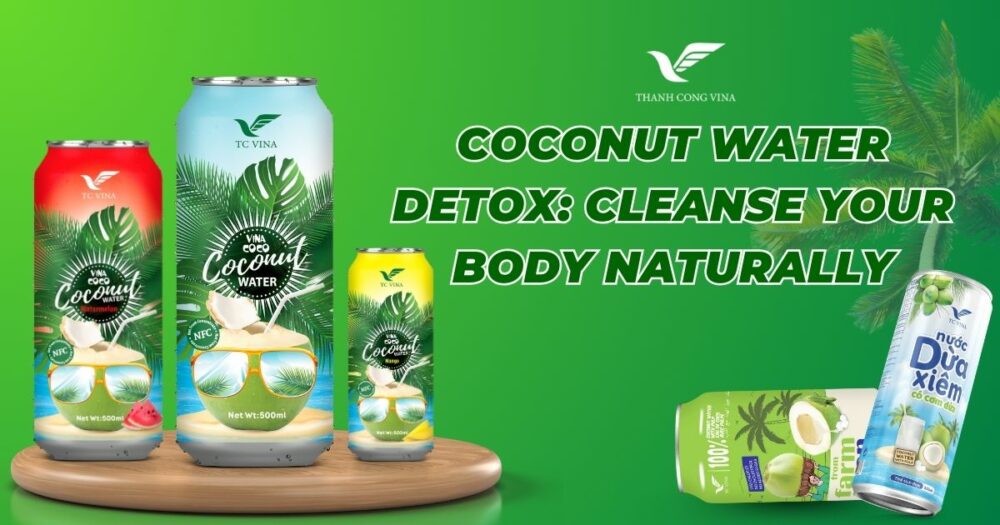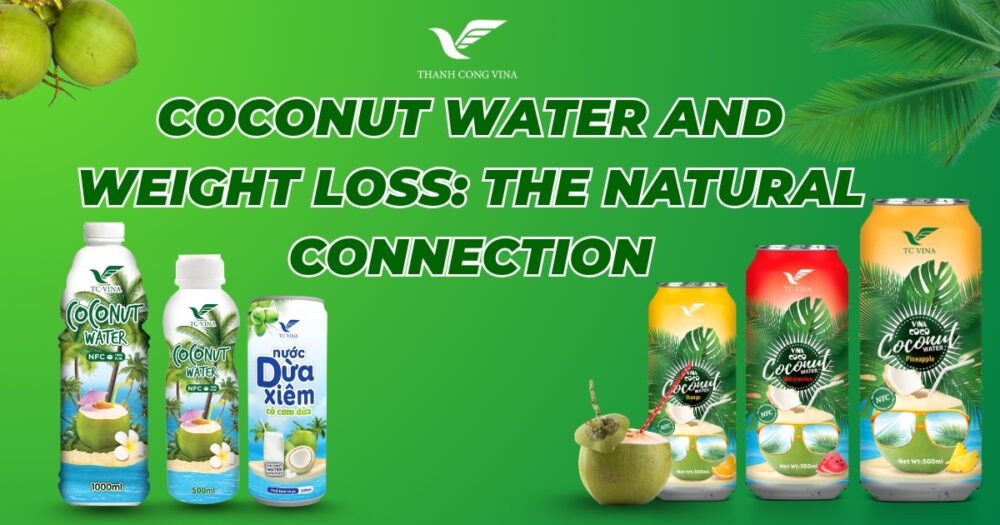In recent years, coconut water has evolved from a tropical refreshment enjoyed on beaches to a global health and wellness phenomenon. Known for its refreshing taste, natural sweetness, and impressive nutrient profile, coconut water is now a staple in supermarkets, gyms, cafés, and households around the world. Its rise in popularity is not just a passing fad; it reflects a larger shift toward healthier, plant-based, and functional beverages in modern diets.
Consumers today are more health-conscious than ever before, seeking natural hydration alternatives that provide more than just quenching thirst. Coconut water fits perfectly into this trend, offering electrolytes, antioxidants, and a naturally low-calorie profile. Whether consumed directly, mixed in smoothies, or incorporated into post-workout routines, coconut water has become a symbol of modern wellness culture.
This article explores why coconut water has become a growing trend in modern diets, examining its health benefits, role in fitness, popularity in the beverage industry, and its future in global nutrition.
What Is Coconut Water?
Coconut water is the clear liquid found inside young, green coconuts. Unlike coconut milk, which is derived from the flesh of mature coconuts and contains higher fat content, coconut water is naturally low in fat and rich in electrolytes. It is often referred to as “nature’s sports drink” because of its ability to replenish hydration and restore minerals lost through sweat.
Traditionally consumed in tropical countries such as Vietnam, Thailand, Brazil, and India, coconut water has now become an international beverage. With advancements in packaging technology, it is available in bottled, canned, and tetra pack forms, making it accessible far beyond coastal regions where coconuts naturally thrive.
Coconut Water in Modern Diets

Coconut Water in Modern Diets
1. The Rise of Functional Beverages
One of the biggest drivers of coconut water’s popularity is the shift toward functional beverages—drinks that provide more than just hydration. Today’s consumers want beverages that support fitness, immunity, beauty, and overall wellness. Coconut water checks multiple boxes by offering electrolytes, antioxidants, and natural sweetness.
2. A Natural Alternative to Sports Drinks
For athletes and fitness enthusiasts, hydration is crucial. Traditional sports drinks are often high in sugar and artificial additives, which can counteract their benefits. Coconut water provides a natural alternative with potassium, sodium, and magnesium—essential electrolytes for muscle function and recovery. Many runners, yogis, and gym-goers have adopted coconut water as part of their workout routines.
3. Weight Management and Low-Calorie Appeal
Coconut water’s low calorie and fat-free profile make it ideal for those managing weight. Unlike fruit juices or sodas that contain high levels of sugar, coconut water provides hydration with fewer calories. It is often included in detox plans, intermittent fasting routines, and weight-loss diets as a guilt-free drink option.
4. Vegan and Plant-Based Diets
As more people adopt vegan and plant-based lifestyles, coconut water serves as a versatile beverage that aligns with these dietary choices. It can be consumed directly, added to smoothies, or used as a base for healthy recipes. Its natural origin and sustainability appeal also align with eco-conscious dietary trends.
Health Benefits of Coconut Water
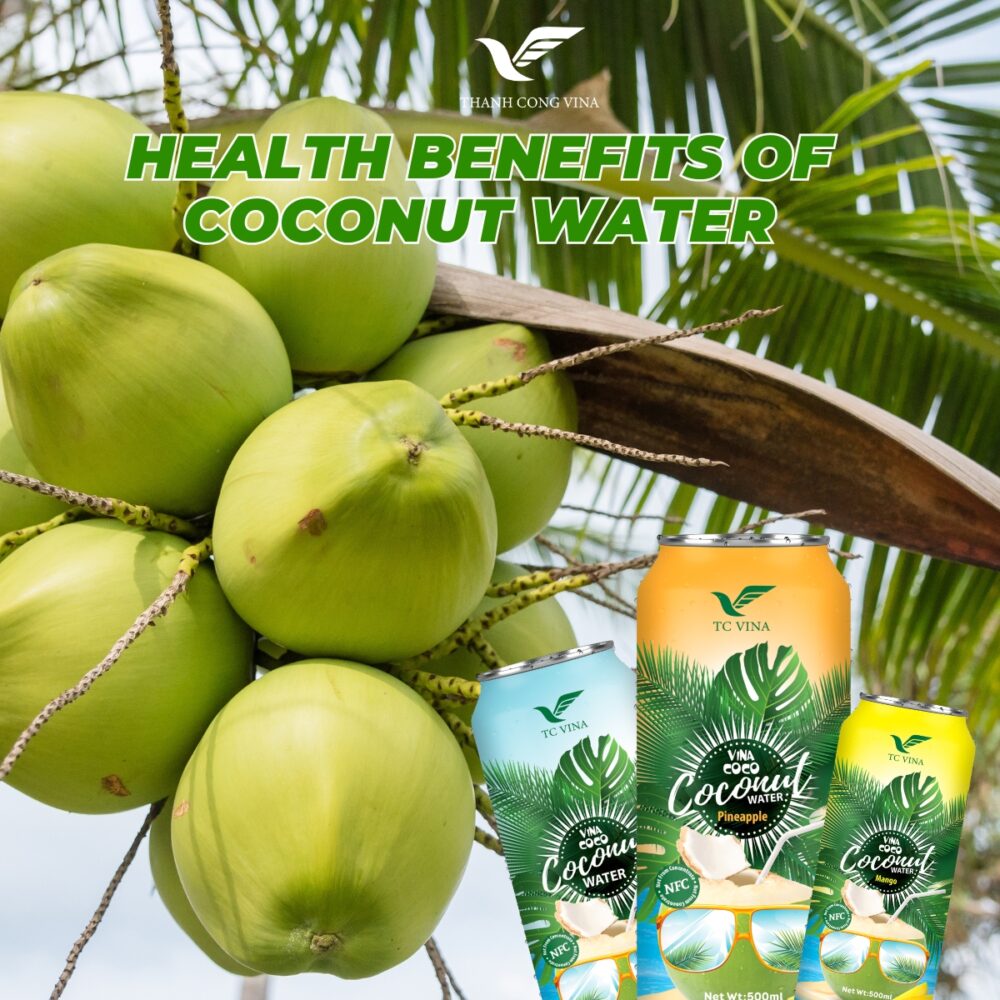
Health Benefits of Coconut Water
1. Rehydration and Electrolyte Balance
Coconut water is rich in potassium, magnesium, and sodium—minerals crucial for hydration. This makes it especially effective after workouts, illness, or hot weather. Unlike artificially flavored drinks, coconut water restores electrolytes naturally.
2. Antioxidant Properties
Free radicals cause oxidative stress in the body, which can lead to aging and chronic disease. Coconut water contains antioxidants that help neutralize these free radicals, supporting long-term health.
3. Heart Health Support
Studies suggest that coconut water may help reduce blood pressure due to its high potassium content. Potassium helps balance sodium levels in the body, which plays a role in regulating blood pressure.
4. Kidney Health and Detoxification
Coconut water has been shown to reduce the risk of kidney stone formation by lowering crystal accumulation in the urinary system. Its natural diuretic effect also supports detoxification and cleansing of the body.
5. Skin Health and Anti-Aging Benefits
Coconut water’s hydrating properties extend to the skin. Many beauty enthusiasts incorporate it into their diet to maintain youthful, glowing skin. Its antioxidants and vitamins help combat signs of aging and promote skin elasticity.
Coconut Water in the Beverage Industry
The global coconut water market has grown significantly, valued at over USD 5 billion in 2024, and is expected to continue expanding. Major beverage companies now include coconut water in their product portfolios, while new brands focus exclusively on coconut-based products.
Key industry trends include:
-
Flavored coconut water: Infused with pineapple, mango, or passion fruit.
-
Coconut water blends: Combined with juices or plant-based milks.
-
Organic and premium coconut water: Targeting health-focused consumers.
-
Sustainable packaging: Eco-friendly initiatives appeal to conscious buyers.
Thanh Cong Vina, for instance, embraces Vietnam’s natural coconut resources to provide high-quality coconut water products that meet international standards, ensuring freshness, taste, and sustainability.
Coconut Water in Culinary Uses
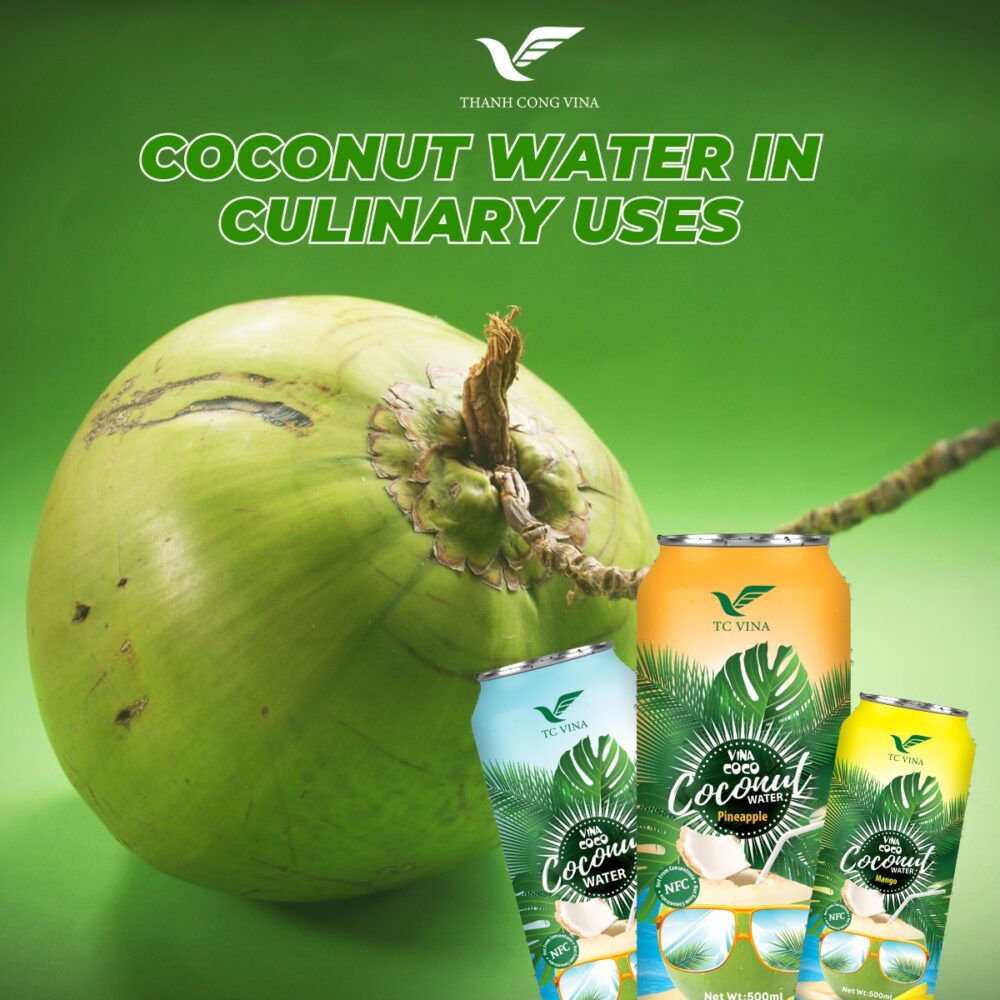
Beyond being a drink, coconut water has culinary applications:
-
Smoothies and shakes: Used as a hydrating base.
-
Cooking: Added to curries, soups, and rice for subtle flavor.
-
Desserts: Used in puddings, ice creams, and tropical sweets.
-
Cocktails and mocktails: Popular in mixology for refreshing beverages.
Its versatility in modern kitchens further supports its integration into contemporary diets.
Coconut Water and Sustainability
At Thanh Cong Vina Beverage, Modern consumers are increasingly concerned about the environmental impact of their food choices. Coconut water offers several sustainability advantages:
-
Coconuts grow naturally in tropical regions without requiring extensive pesticides.
-
Coconut trees contribute to soil health and biodiversity.
-
Packaging innovations such as recyclable bottles and tetra packs reduce environmental impact.
By supporting coconut water, consumers also contribute to sustainable agriculture and rural economies in producing countries.
The Future of Coconut Water in Modern Diets
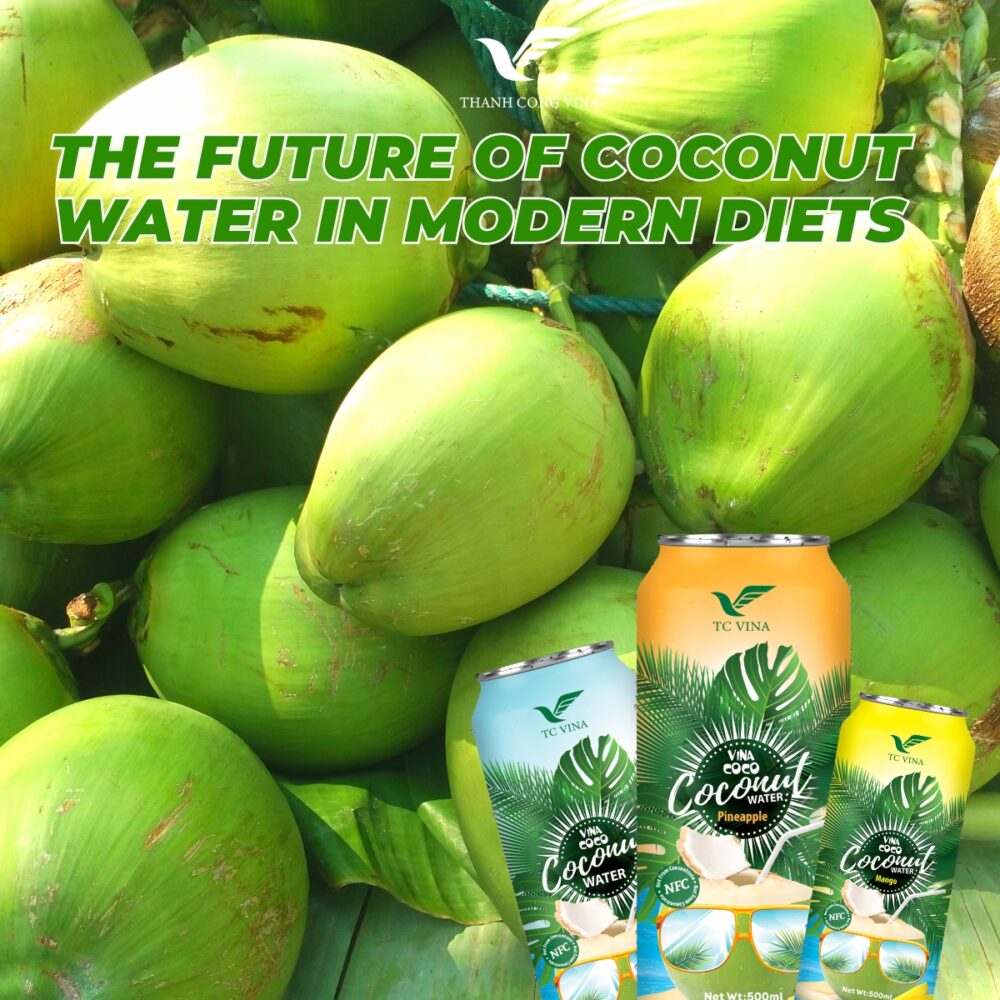
The Future of Coconut Water in Modern Diets
The future looks bright for coconut water as demand for natural, functional, and sustainable beverages grows. Experts predict that coconut water will continue to dominate the health beverage sector, with innovations such as:
-
Fortified coconut water with added vitamins or probiotics.
-
Ready-to-drink wellness blends combining coconut water with superfoods.
-
Wider accessibility in global markets through improved logistics and e-commerce.
For brands like Thanh Cong Vina, the focus remains on providing authentic, high-quality coconut water while embracing sustainability and innovation.
Conclusion
Coconut water is no longer just a tropical refreshment; it is a symbol of modern wellness and nutrition. Its rise in global diets reflects a broader movement toward natural, functional, and plant-based choices. From hydration and fitness to culinary use and sustainability, coconut water has proven itself as more than just a trend—it is a lifestyle beverage for the modern world.
At Thanh Cong Vina. As awareness grows, more consumers are turning to coconut water for its health benefits, refreshing taste, and eco-friendly origins. In the future, its presence in modern diets will only expand, making it one of the most influential beverages in the global wellness landscape.

